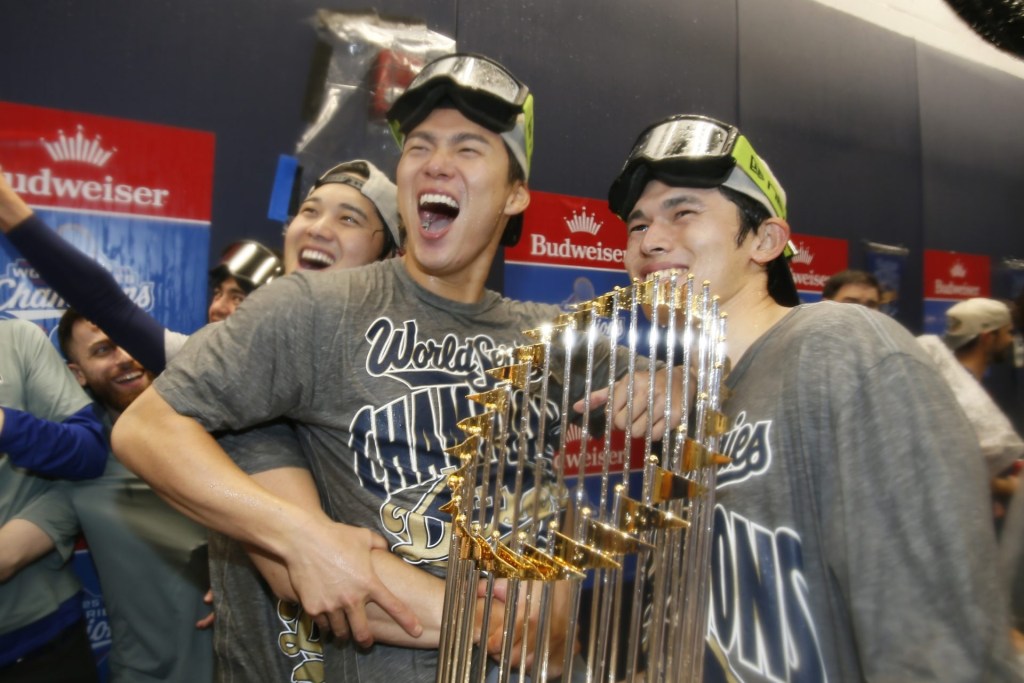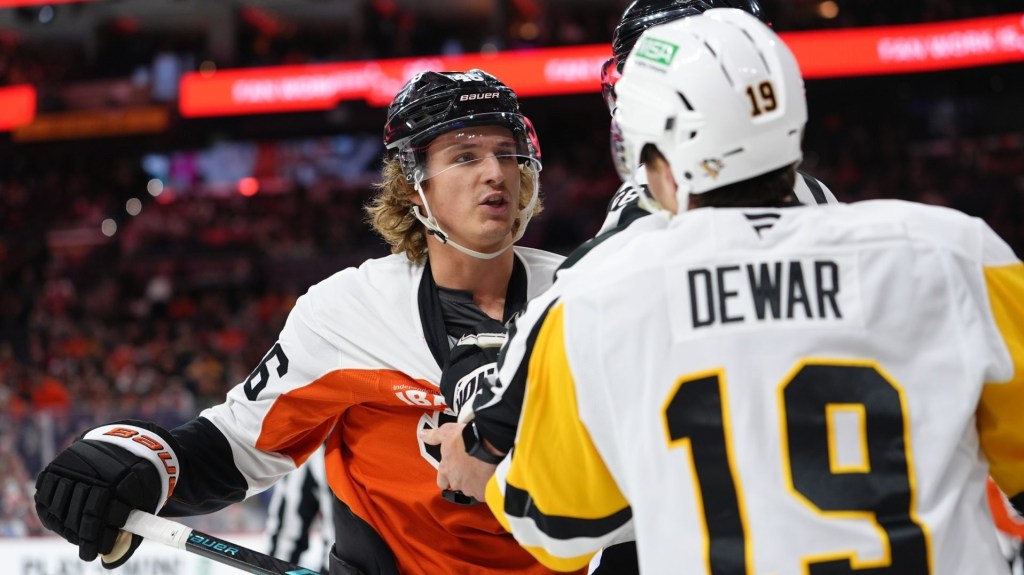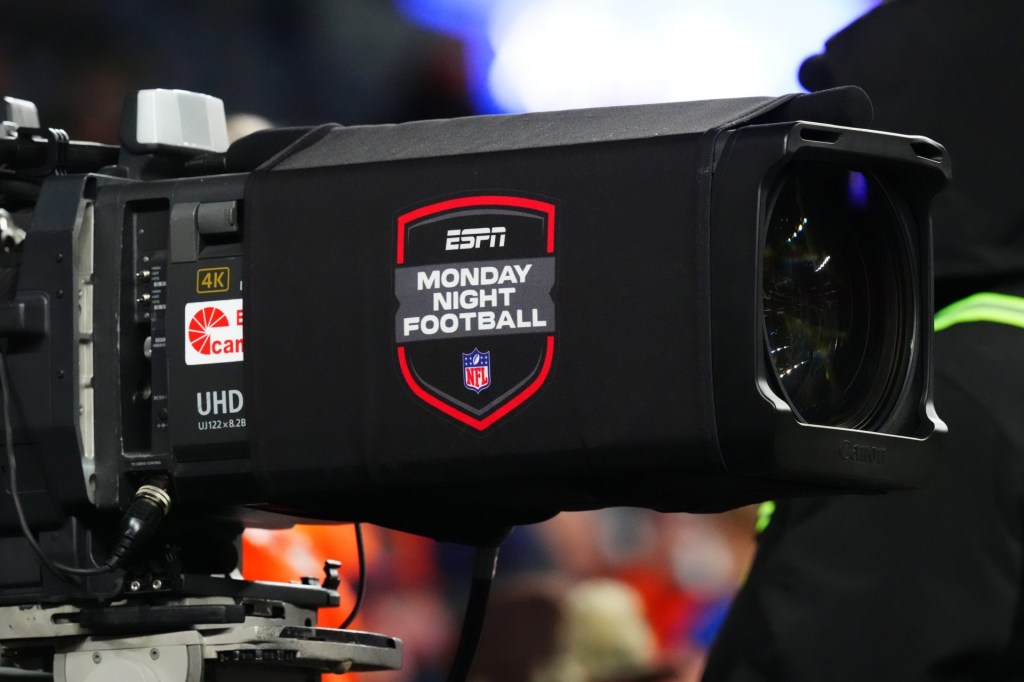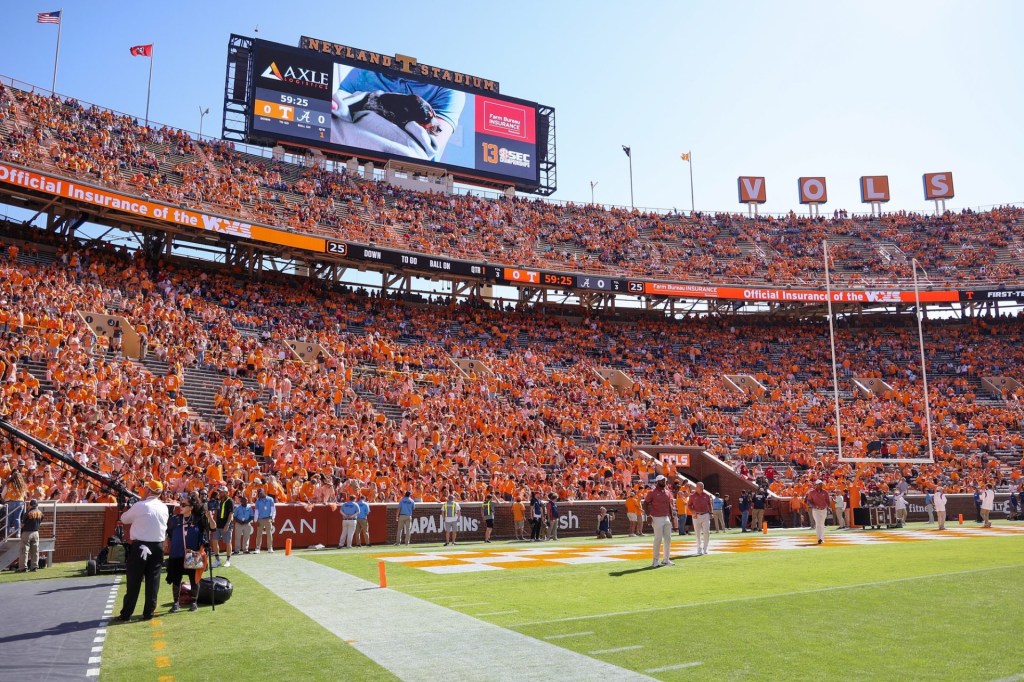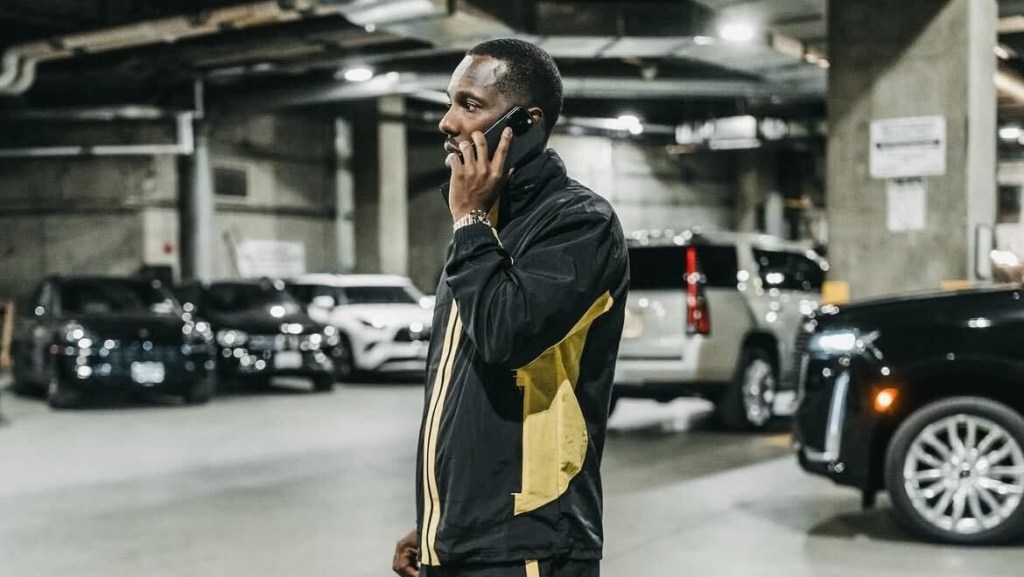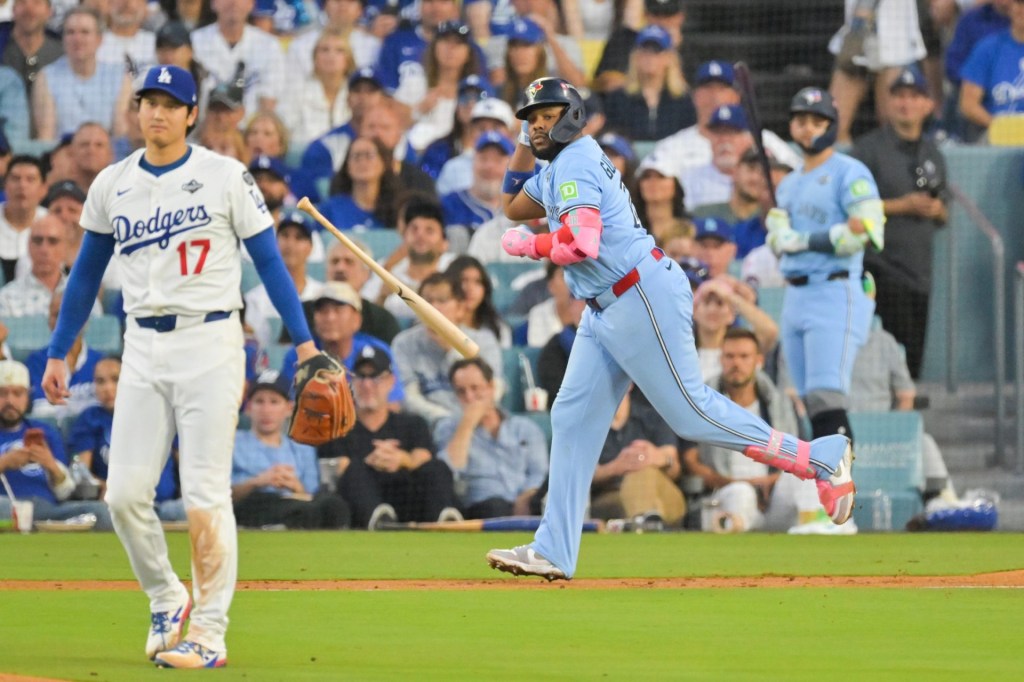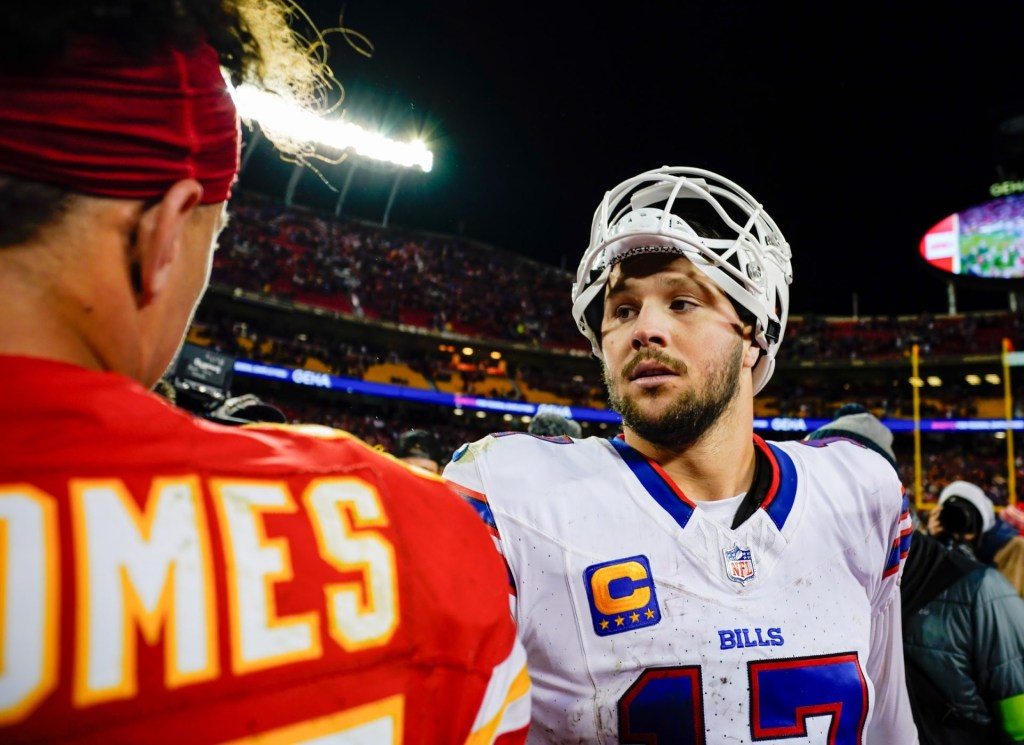The NHL’s outdoor Winter Classic is a signature event on the sports TV calendar. But alarm bells went off when Tuesday’s game drew the worst viewership in the 17-year history of the event.
The Blues’ 6–2 win over the Blackhawks at Chicago’s Wrigley Field averaged 920,000 viewers. That’s down 16% from last year’s previous low of 1.10 million for the Golden Knights–Kraken—and down 48% from 1.78 million for Bruins-Penguins two years ago, according to Sports Media Watch.
But there are a few reasons why the NHL shouldn’t hit the panic button over the Winter Classic dipping below one million viewers for the first time.
To start, this was the first time the NHL played the Winter Classic on New Year’s Eve instead of New Year’s Day (or occasionally Jan. 2). In December, the network told Front Office Sports the main reason for the new date was so the event wouldn’t go up against the six bowl games on Dec. 31.
Yes, it was trying to avoid coverage of the expanded College Football Playoff. But it’s always dangerous to tamper with viewer expectations—particularly a nearly two-decade-long tradition of outdoor hockey. Some viewers remarked on social media they didn’t know the game had been pushed back a day.
And despite the timing shift, the NHL still couldn’t keep from butting heads with college football, anyway. TNT’s hockey telecast competed at times with ABC’s coverage of the Citrus Bowl between Illinois and South Carolina. With the Fighting Illini beating the Gamecocks 21–17, many viewers in Chicago chose football over hockey.
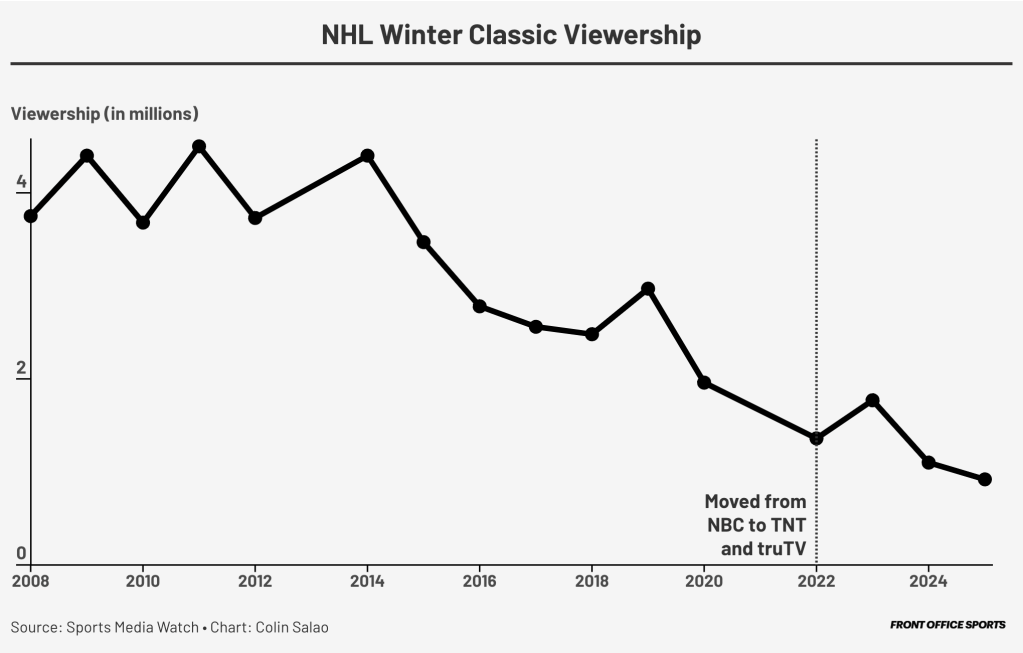
Second, look at the weak matchup handed to TNT. The Blackhawks rank dead-last in the NHL with a record of 12-24-2. The Blues aren’t much better. With their win over Chicago, St. Louis is 18-17-4. Both teams also found themselves in tumult early on, each firing its respective coach only a few months into the season. Plus, the Blackhawks have never set the ice on fire during the Winter Classic: Although the Original Six franchise has played the most Winter Classic games, they’re 0–5.
Still, the organizers bet Wrigley’s iconic setting—which played host once before in 2009 for the second iteration of the event—would be a difference-maker, and that a theoretically less competitive time slot would pay dividends. But the spectacle of Wrigley Field and new broadcast bells and whistles couldn’t trump the poor matchup. Even Blackhawks forward Connor Bedard’s star power wasn’t quite powerful enough.
The poor ratings aren’t a death knell for the event, though. The NHL still has levers to pull to get ratings up. A return to New Year’s Day could be helpful—and it’d be understandable if the NHL indeed retreats from its new date. But stronger teams would certainly help next time. With the exception of the NFL, sports TV viewership largely depends on matchups and the closeness of the game.
And the event still has its shine. NHL players and TV viewers love watching hockey played outdoors in its “purest form.” As Blackhawks forward Patrick Maroon told FOS at Wrigley: “You mark these on your calendar. It’s the biggest thing before the playoff starts.”
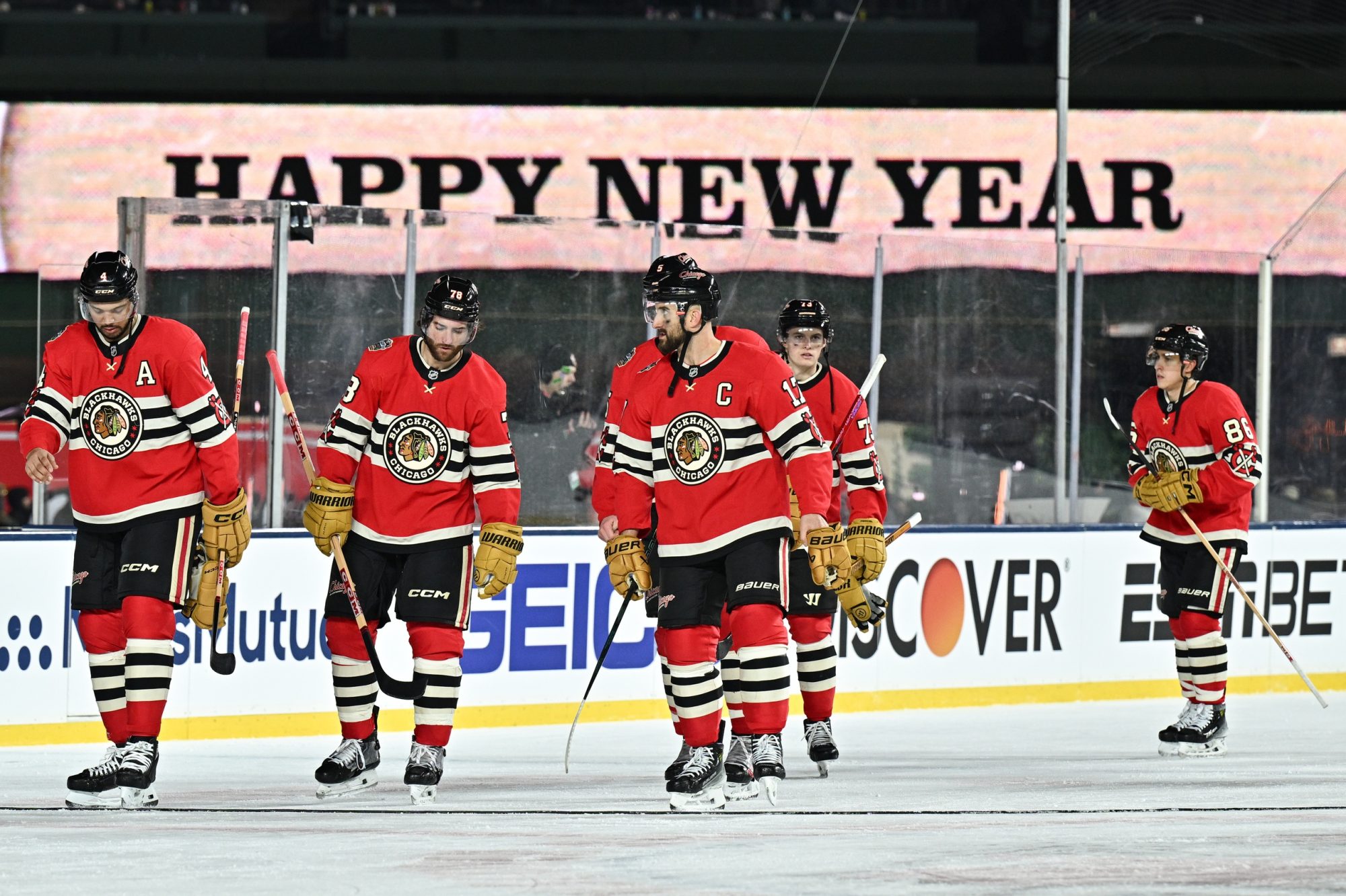



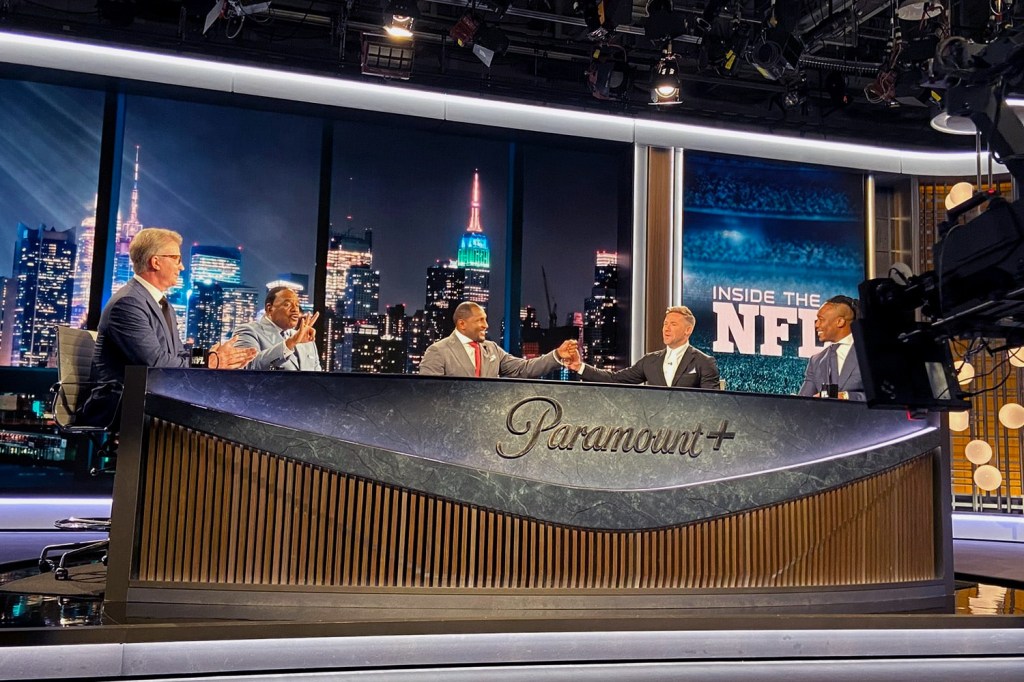
![[Subscription Customers Only] Jun 15, 2025; Seattle, Washington, USA; Botafogo owner John Textor inside the stadium before the match during a group stage match of the 2025 FIFA Club World Cup at Lumen Field.](https://frontofficesports.com/wp-content/uploads/2026/02/USATSI_26465842_168416386_lowres-scaled.jpg?quality=100&w=1024)
![[Subscription Customers Only] Jul 13, 2025; East Rutherford, New Jersey, USA; Chelsea FC midfielder Cole Palmer (10) celebrates winning the final of the 2025 FIFA Club World Cup at MetLife Stadium](https://frontofficesports.com/wp-content/uploads/2026/02/USATSI_26636703-scaled-e1770932227605.jpg?quality=100&w=1024)


